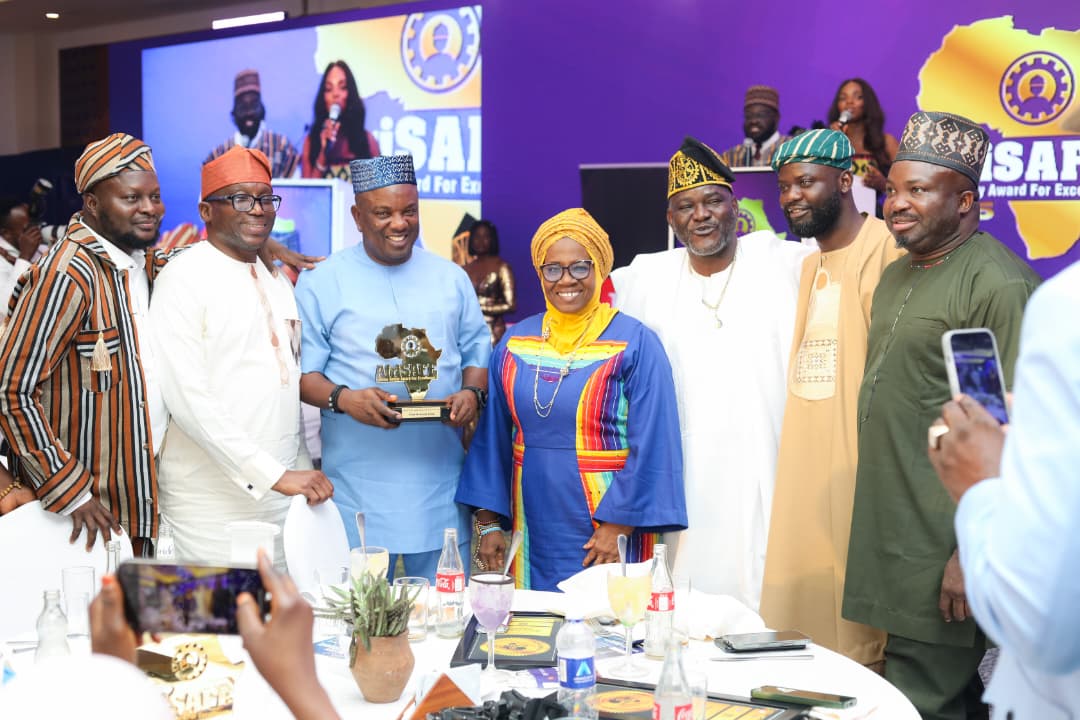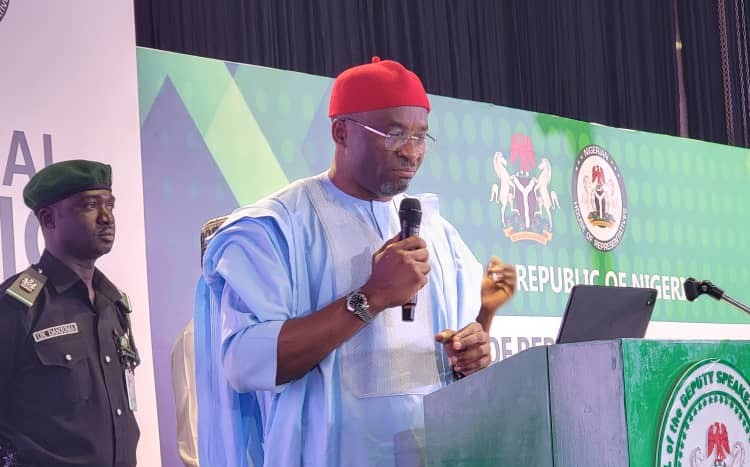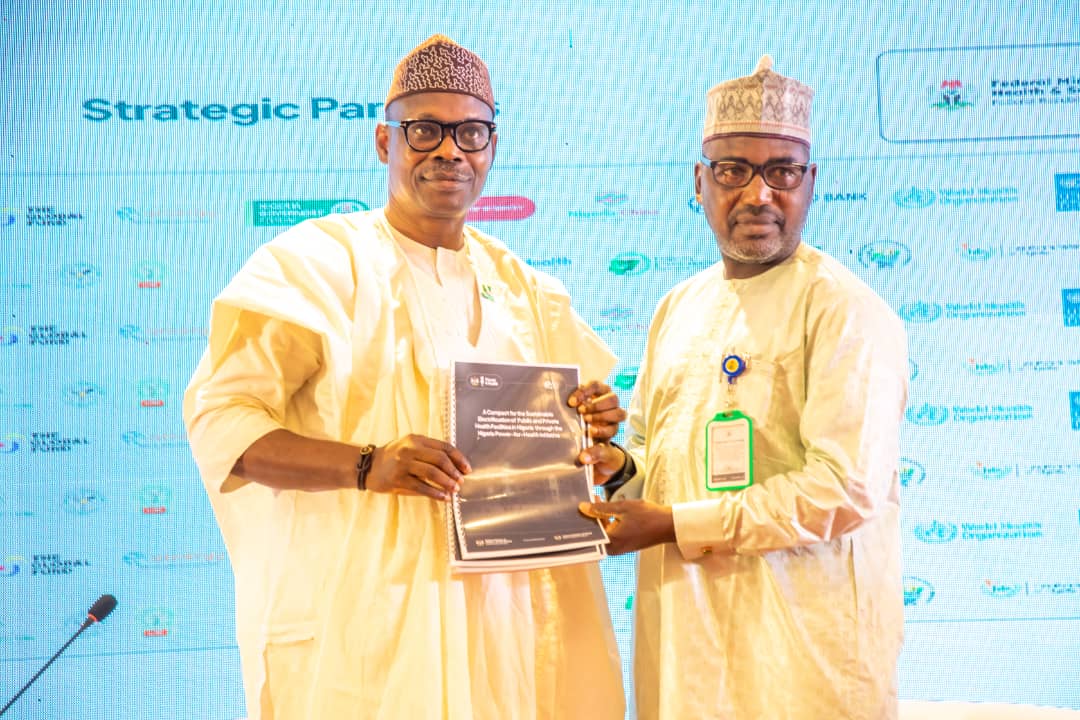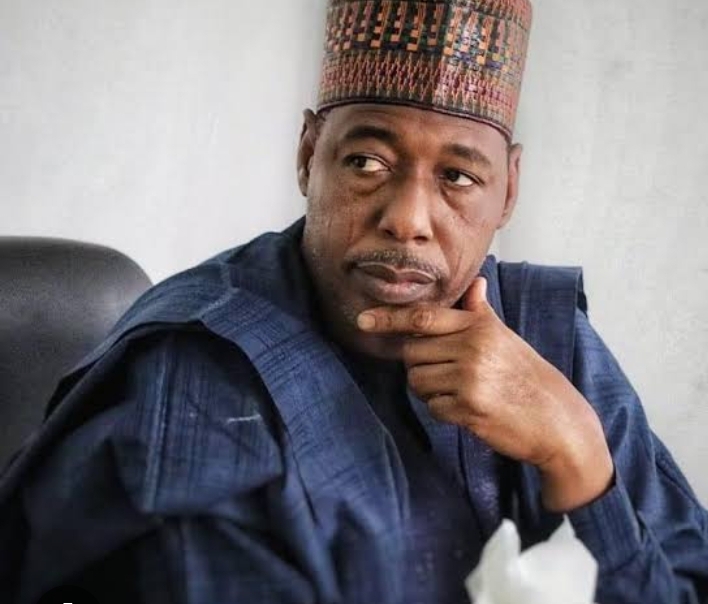FG Inaugurates SPIN Project Steering Committee to Advance Irrigation, Hydropower, Food Security
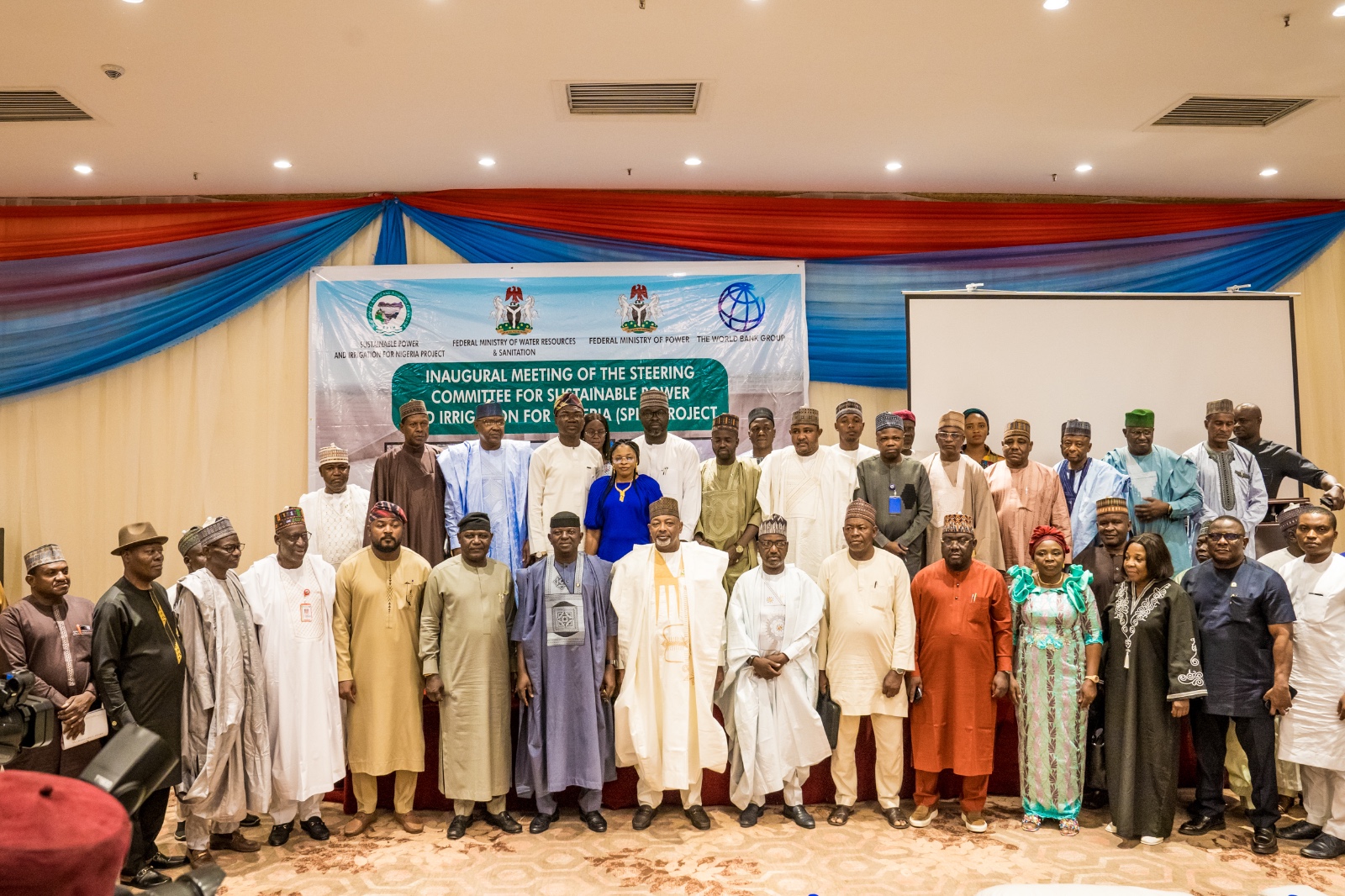
The Federal Government of Nigeria has inaugurated the Steering Committee for the Sustainable Power and Irrigation in Nigeria (SPIN) Project, marking a significant step toward modernizing the country’s irrigation systems, enhancing power generation, and strengthening food security. The inauguration took place on Friday at a high-level event in Abuja.
Funded by the World Bank, the SPIN Project is a transformative initiative aimed at overhauling Nigeria’s hydropower, irrigation, and water resource management infrastructure. It aligns closely with the government’s broader strategy to ensure national energy, water, and food security.
Speaking at the ceremony, the Honourable Minister of Water Resources and Sanitation, Engr. Prof. Joseph Terlumun Utsev, described SPIN as a key pillar of the Renewed Hope Agenda. He reaffirmed the government’s commitment to sustainable development, citing initiatives like the Irrigate Nigeria Project, which targets 500,000 hectares of irrigated farmland, 30 gigawatts of sustainable power generation, and enhanced climate resilience in vulnerable communities.
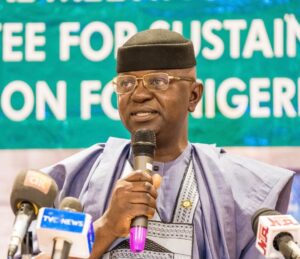
The SPIN Project is structured around four core components: institutional strengthening, irrigation modernization, dam safety and operational improvements, and effective project management.
Seventeen states have qualified for participation in the project by meeting key eligibility criteria, including passing WUA laws and committing to counterpart funding. These states will benefit from either Federal or State-managed irrigation schemes under the SPIN Project.
Prof. Utsev called on all stakeholders to collaborate fully to ensure the project delivers large-scale, multi-purpose infrastructure for irrigation and hydropower in line with Nigeria’s development objectives.
Also speaking at the event, the Honourable Minister of Power, Chief Adebayo A. Adelabu—represented by the Permanent Secretary, Mr. Mahmud Mamman—emphasized the hydropower component of SPIN as a catalyst for private sector investment in renewable energy. He described hydropower as a dependable source of clean energy essential for Nigeria’s transition to a green economy and long-term economic growth.
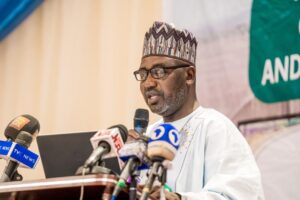
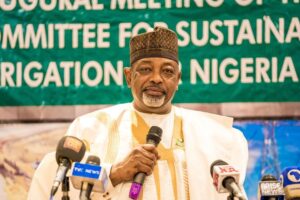
READ ALSO: NMCO, CAC Partner to Strengthen Compliance, Transparency in Mining Sector
Tinubu Commits to Regional Infrastructure Renewal
The Federal Steering Committee for SPIN is chaired by the Minister of Water Resources and Sanitation, with the Minister of Power as Co-Chair. Other members include the Ministers of Environment, Finance and Coordinating Minister of the Economy, and Budget and Economic Planning. At the state level, the Committee includes Commissioners of Agriculture or Water Resources from the participating states. The Permanent Secretary of the Federal Ministry of Water Resources and Sanitation will serve as Secretary to the Committee.
The event drew participation from World Bank representatives, development partners, senior government officials, State Commissioners, Water Board General Managers, and other key stakeholders in the agriculture, power, and water sectors.

